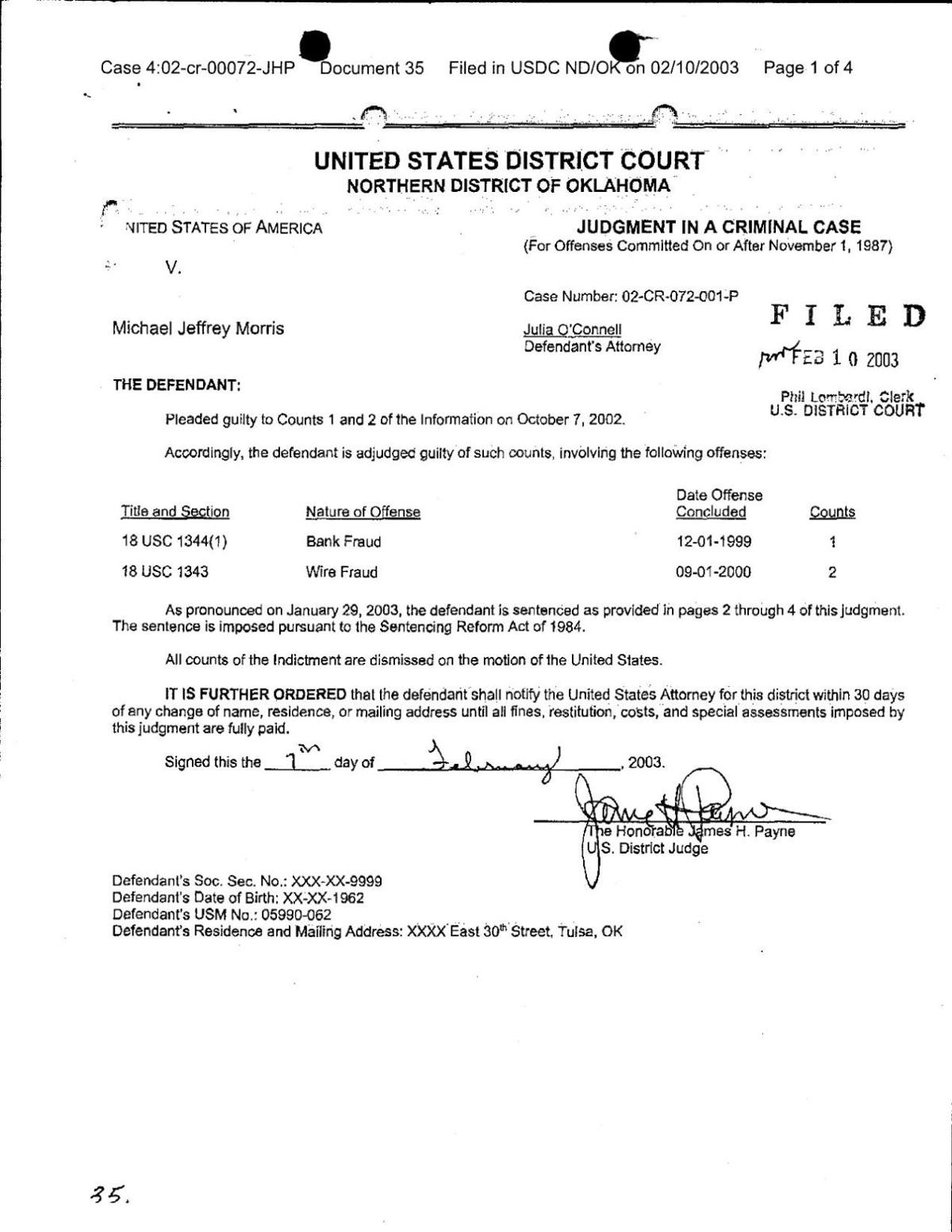Download Non Profit 501c3 Creditor Sponsored Program Software

Most are 501(c)(3) corporations, which means they are formed for religious, charitable, scientific, literary, or educational purposes and are eligible for federal and state tax exemptions. To create a 501(c)(3) tax-exempt organization, first you need to form a Florida corporation, then you then apply for tax-exempt status from the IRS and the State of Florida. Here are the details. Form Your Florida Nonprofit CorporationFirst, you need to form a nonprofit corporation under Florida state law. Choose who will be on the founding board of directors for your nonprofit corporationIn Florida, your nonprofit corporation must have three or more directors.
Choose a name for your Florida nonprofit corporationThe name of your nonprofit corporation cannot be the same as the name of another nonprofit corporation on file with the Florida Department of State. To see if your proposed name is available, you can search Florida's.In Florida, your nonprofit corporation name must contain one of the following words: 'corporation,' 'incorporated,' or their abbreviations. It may not contain the word 'company' or its abbreviation, 'co.' Prepare and file your nonprofit articles of incorporationYou will need to create and file nonprofit articles of incorporation with the Florida Department of State. The articles of organization must include basic information such as:.
your nonprofit's name and street address. your nonprofit's specific purpose (not a general purpose statement). the manner in whichthe directors are elected and appointed. the name and street addressin Florida of your registered agent.Theincorporator must sign the articles and the registered agent must sign itsconsent to act as agent for service of process.The Departmentof State has an formon its website which you can fill in online, print out, and mail in. Completeand file your articles following the instructions provided on the Secretary ofCommonwealth’s website.Thearticles form on the Department of State’s website does not include languagerequired by the IRS to obtain tax-exempt status. To receive 501(c)(3)tax-exempt status from the IRS, you'll need to have certain specific languagein your articles, including:.
a statement ofpurpose that meets IRS requirements. statements that yournon-profit will not engage in prohibited political or legislativeactivity, and. a dissolution ofassets provision dedicating your assets to another 501(c)(3)organization upon dissolution.For moreinformation on IRS requirements for tax exemption, see, Tax-Exempt Statusfor Your Organization, available on the IRS website. Make sure you includethe federal tax-exempt required language in the articles you create. Prepare bylaws for your Florida nonprofit corporationYou'll need to prepare bylaws that comply with Florida law and contain the rules and procedures your corporation will follow for holding meetings, electing officers and directors, and taking care of other corporate formalities required in Florida.
For more information, see Nolo's article, or, for help creating your bylaws, see Nolo's book, by Anthony Mancuso (Nolo). Your bylaws do not need to be filed with the Florida Department of State - they are your internal operating manual. Hold a meeting of your board of directorsYour first board meeting is usually referred to as the organizational meeting of the board. The board should take such actions as:.

approving the bylaws. appointing officers. setting an accounting period and tax year, and. approving initial transactions of the corporation, such as the opening of a corporate bank account.After the meeting is completed, minutes of the meeting should be created.
Download Non Profit 501c3 Creditor Sponsored Program Software For Pc
Set up a corporate records binderYou should set up a corporate records binder for your nonprofit to hold important document such as articles of incorporation, bylaws, and minutes of meetings. For more information, as well as minutes forms, consent forms, and other resolutions, see, by Anthony Mancuso (Nolo). Obtain Federal and State Tax ExemptionsNow that you have created your nonprofit corporation, you can obtain your federal and Florida state tax exemptions. Here are the three steps you must take to obtain your tax-exempt status: 1. File your Form 1023 federal tax exemption applicationTo obtain federal tax-exempt status from the IRS, you will need to complete and file IRS, Application for Recognition of Exemption Under Section 501(c)(3) of the Internal Revenue Code. This long and detailed form asks for lots of information about your organization, including its history, finances, organizational structure, governance policies, operations, activities, and more.
For line-by-line instructions on how to complete the Form 1023, see, by Anthony Mancuso (Nolo).Smaller nonprofits may be eligible to file, Streamlined Application for Recognition of Exemption under Section 501(c)(3) of the Internal Revenue Code. This is a much simpler, shorter form that is filed online. Only smaller nonprofits-those with projected annual gross receipts of less than $50,000 and total assets of less than $250,000-are eligible to use the streamlined 1023-EZ application.See the IRS website for more information on the Form 1023 and Form 1023-EZ filing requirements. Obtain your Florida state tax exemptionOnce you have your federal tax exemption, you need to obtain your Florida state tax exemption. This may include exemptions from income, property, sales, and other state taxes. Florida's will have a form you need to file to obtain your state tax exemption. Other state reporting and registration requirementsDepending on your activities and the size of your organization, you may need to register with the before doing any fundraising activities.
Check with that office for additional rules, or for more information about fundraising registration requirements, see, by Stephen Fishman (Nolo). Self-help services may not be permitted in all states. The information provided on this site is not legal advice, does not constitute a lawyer referral service, and no attorney-client or confidential relationship is or will be formed by use of the site.
The attorney listings on this site are paid attorney advertising. In some states, the information on this website may be considered a lawyer referral service. Please reference the Terms of Use and the Supplemental Terms for specific information related to your state. Your use of this website constitutes acceptance of the,.